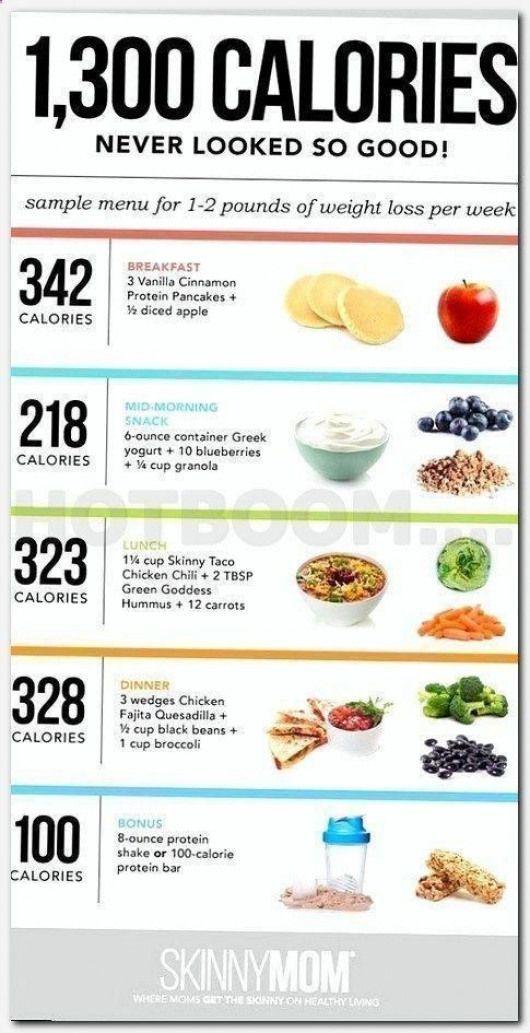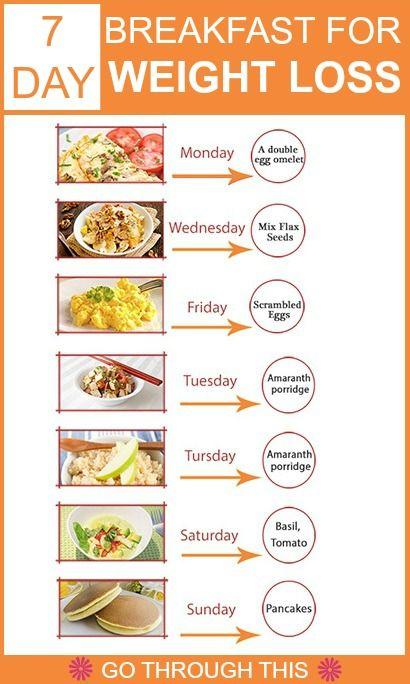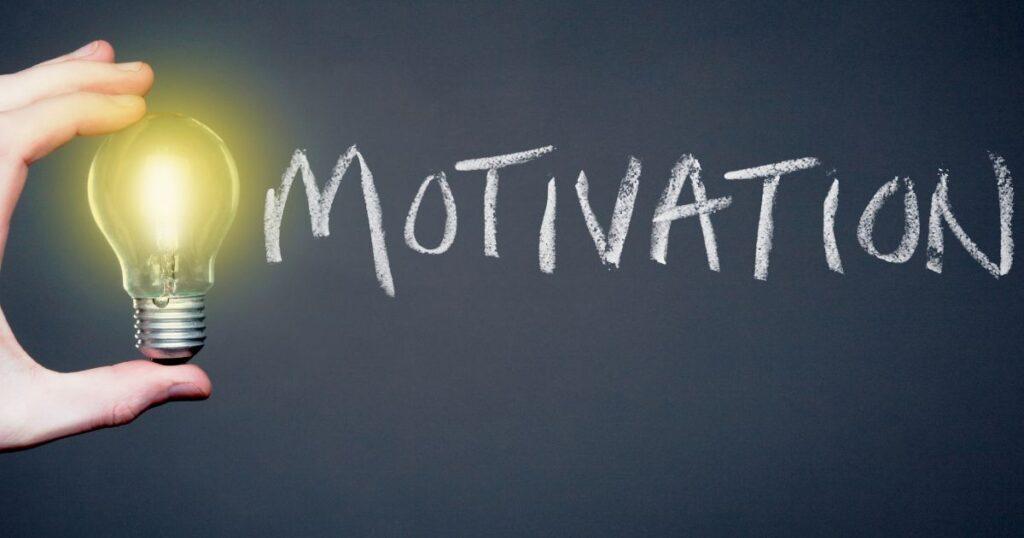Are you tired of trying every weight loss tip and trick out there, only to see minimal results? You’re definitely not alone—many guys struggle with figuring out the right diet that actually fits their lifestyle. In this article, we’re going to break down a practical weight loss diet chart specifically designed for men, focusing on real food choices that you can easily incorporate into your daily routine. You’ll discover simple meal options, portion sizes, and helpful strategies to tackle those common challenges like maintaining energy and staying on track. So, if you’re ready to take a step toward a healthier you with a plan that works, stick around—we’ve got some valuable insights coming your way!
Understanding the Basics of Male Weight Loss Nutrition
When it comes to shedding those extra pounds, nutrition is your best ally—think of it as the secret sauce in your weight loss journey. One common misconception is that men need to adopt some drastic diet to see results. In reality, success often lies in small, sustainable changes. Instead of overhauling your entire pantry overnight, consider swapping out just a few items. For instance, if you’re a cereal lover, try switching from sugary options to oatmeal topped with fresh fruits. It’s a simple change that can significantly reduce empty calories while adding fiber to your diet, helping you feel fuller longer. Have you ever noticed how quickly we can munch through a doughnut but feel stuffed after a bowl of oatmeal? There’s a reason for that: oats provide essential nutrients, while sugary snacks tend to leave you craving more.
Let’s delve into macronutrients for a moment. Protein, fats, and carbohydrates each play crucial roles in your body, especially when you’re aiming to drop weight. Incorporating lean proteins like chicken, fish, or legumes can aid in retaining muscle mass while you’re losing fat. Studies suggest that a higher protein intake can boost your metabolism by up to 30% (source: blank”>NCBI). This is especially beneficial for men looking to maintain strength during their weight loss journey. On the other hand, not all fats are created equal. Embrace healthy fats found in avocados, nuts, and olive oil; they can help reduce cravings and improve overall satisfaction with meals. So the next time you’re preparing your plate, aim for a balanced division: one part protein, one part whole grains, and one part veggies—each playing its role in your body’s function.
Moreover, hydration plays a pivotal role in weight management. Drinking enough water can actually enhance your body’s metabolic processes and reduce feelings of hunger. Ever swallowed a tall glass before lunch only to find you weren’t as hungry as you usually are? This isn’t just coincidence; staying hydrated aids digestion and may reduce overall calorie intake (source: blank”>Healthline). A good rule of thumb is to aim for at least eight 8-ounce glasses of water a day, or more if you’re active. Additionally, consider planning your meals and snacks to include nutrient-dense food options that not only support weight loss but contribute to overall health. This approach ensures that while you’re making strides towards your goal, you’re also nurturing your body for the long haul, creating a sustainable lifestyle rather than a fleeting diet.

Essential Macronutrients for Effective Weight Loss
When embarking on a weight loss journey, understanding the role of macronutrients can feel like cracking a secret code. Imagine your body as a finely tuned machine; without the right fuel, it struggles to perform efficiently. Carbohydrates, proteins, and fats are the key players here. But, let’s challenge a common misconception: not all carbs are created equal! Instead of shunning them completely, focus on complex carbohydrates like whole grains, fruits, and vegetables, which provide lasting energy without the dreaded blood sugar spikes. For example, swapping out white rice for quinoa can make a significant difference—not just in weight loss, but in overall health.
Now, let’s talk about protein—your weight loss ally. Did you know that incorporating protein into your meals can increase satiety and reduce cravings? Think of it this way: after a workout, a protein-rich snack, like Greek yogurt with berries, not only supports muscle recovery but keeps you feeling full longer. Studies suggest that a higher protein intake can enhance metabolism by helping preserve muscle mass while losing weight, which is crucial for maintaining that killer physique you’re working towards. Aim to include lean sources of protein such as chicken, fish, legumes, and dairy in your diet to maximize your efforts.
Lastly, let’s not forget about fats! Yes, the very macronutrient that’s often demonized. Healthy fats, like those found in avocados, nuts, and olive oil, are essential for hormone regulation and can even aid in fat loss. They help absorb vital vitamins and support overall wellness. Keep in mind, moderation is key; a small handful of almonds can curb your hunger without tipping the scales. So, as you craft your meal plan, consider balancing these nutrients wisely. It’s not about depriving yourself; it’s about nourishing your body with the essentials it craves.

Crafting a Balanced Weight Loss Diet Chart
When it comes to shedding those extra pounds, many believe that the duty lies solely with calorie counting or cutting out entire food groups. However, let’s debunk that myth together! A balanced approach to crafting your diet chart can make all the difference. Think of your body as a high-performance machine; it requires the right fuel to run efficiently. Incorporating a mix of lean proteins, whole grains, healthy fats, and plenty of fruits and vegetables not only keeps you nourished but also satisfies your hunger. Have you ever tried a hearty quinoa salad loaded with veggies? Surprisingly delightful and packed with nutrients, it’s a perfect example of how healthy eating can be both nutritious and enjoyable.
Now, let’s get practical. A good rule of thumb is to plate your meals with a vibrant variety of colors. Aim for 50% of your plate to be filled with fruits and vegetables, 25% lean protein (like chicken, fish, or legumes), and 25% whole grains (such as brown rice or whole wheat pasta). This simple visual cue makes it easier to achieve balance and keeps your meals interesting. Want to take it a step further? Consider trying meal-prepping techniques; cooking larger portions on weekends and storing them in handy containers for the week can help you avoid unhealthy last-minute choices. Did you know that meal prepping can save you both time and money? Just imagine opening your fridge and finding delicious, ready-to-eat meals waiting for you!
Additionally, keep hydration at the forefront of your weight loss journey. Replacing sugary drinks with water or herbal teas can significantly cut down on your calorie intake without even trying. It’s interesting to note that sometimes our bodies confuse thirst for hunger—a hydration hack that can keep your cravings in check! Aiming for at least 8 cups of water a day can set you on the right path. As you embark on this journey towards a healthier you, don’t forget to check out resources like the
Sample Meal Plans to Jumpstart Your Weight Loss Journey
Let’s be real: embarking on a weight loss journey can feel like navigating a maze with no clear exit. But don’t worry! A well-structured meal plan can help you find your way. Consider starting your day with a hearty breakfast that not only fuels your body but also sets a positive tone. Think about ingredients like scrambled eggs with spinach or a protein-packed smoothie blended with berries and Greek yogurt. These options aren’t just tasty—they’re designed to keep you feeling full longer, reducing the temptation for unhealthy snacks later in the morning. What if I told you that studies show a protein-rich breakfast can reduce overall calorie intake throughout the day? (Source: Healthline)
As you navigate through lunch, consider dishes that incorporate plenty of colorful vegetables, lean proteins, and whole grains. Imagine a grilled chicken salad topped with quinoa, avocado, and a sprinkle of nuts. Not only does it look appealing, but it also provides a variety of nutrients that support your energy levels. Feeling adventurous? Switch up the flavors by trying out different dressings or herbs and spices. It’s fascinating how the right combinations can transform a meal and, in turn, your outlook towards healthy eating. Plus, preparing meals at home allows you to control the ingredients, helping you avoid the hidden sugars and unhealthy fats often lurking in takeout. A recent report from the CDC highlights that meal prepping can lead to healthier choices and reduced calorie intake.
Dinner can be where the magic really happens. Focus on creating a filling yet light dish that doesn’t weigh you down before bed. Picture a baked salmon fillet with steamed broccoli and sweet potatoes. Not only is it delicious, but it also offers Omega-3 fatty acids for heart health and complex carbohydrates that aid recovery for those late-evening gym sessions. Another powerful strategy? Experiment with portion control. Plate your food in smaller dishes to trick your mind into thinking you’re eating more than you actually are. It’s intriguing how our environment shapes our habits, isn’t it? For deeper insights into meal planning, check out these tips from the Academy of Nutrition and Dietetics.

Tips to Stay Motivated and Committed to Your Diet Plan
Staying motivated while navigating a diet plan can sometimes feel like trying to climb a mountain. What if instead of viewing it as a steep challenge, you saw it as an exciting journey toward a healthier you? One effective way to keep your enthusiasm alive is by setting small, attainable goals. Instead of focusing solely on the end result of your weight loss journey, celebrate the little achievements along the way. For instance, if you managed to cook a healthy meal five times a week, reward yourself with a fun outing (just not an ice cream binge!). These milestones create positive reinforcement, making your commitment feel more rewarding and less daunting.
Another key to staying committed is understanding the psychological aspect behind your cravings. Often, we associate certain foods with comforting memories or social gatherings. Ask yourself: is it the food you crave or the emotions tied to it? Consider exploring healthier alternatives that evoke those same feelings. For example, if pizza is your go-to comfort food, try making a healthier version at home using whole-grain crust and plenty of veggies. It’s not only a more nutritious option but can also be a fun activity to do with friends or family! Exploring these substitutions can help you stay true to your diet without feeling like you’re missing out.
don’t underestimate the power of community and accountability. Share your goals with friends or join support groups online; you’ll be amazed at how motivating it can be to exchange stories and strategies with fellow dieters. Research suggests that keeping a food diary or using apps can bolster your success by helping you track your progress and stay conscious of your choices (check out the resources from the USDA’s MyPlate for helpful tools). This social aspect can turn your journey into an engaging experience, where you can cheer each other on, share tips, and tackle challenges together. Together, you can ensure that your commitment to a healthier lifestyle is both enjoyable and sustainable.
What This Means for You
As we wrap up our exploration of effective weight loss diet charts for men, it’s clear that finding the right balance of nutrients and crafting a personalized eating plan can make a significant difference in your journey. Remember, it’s not just about what you eat but also how you approach your meals and your lifestyle as a whole. So, why not take a moment to reflect on your own habits? What small changes could you implement to make your diet more aligned with your goals? Whether you’re looking to shed a few pounds or simply adopt healthier eating practices, every step counts. I encourage you to give a fresh meal plan a try this week, embrace the process, and celebrate your progress—no matter how small. After all, this journey is about building a healthier you, one delicious meal at a time. Feel free to share your experiences or any tips you’ve learned along the way; let’s inspire each other towards success!





